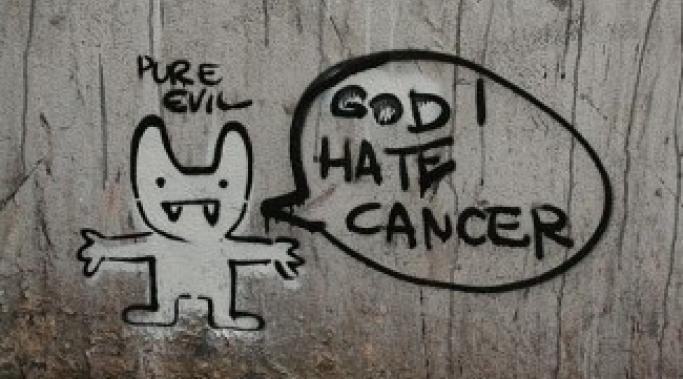I’m in bipolar-related pain almost all the time but, of course, my job is to ignore the bipolar pain. This is a tall, huge, gigantic, herculean order (Anticipating Bipolar Pain Is Good?). It is not a small thing to ignore the pain you are in – regardless of type but, perhaps, brain pain is even worse than, say, the pain of a broken leg because at least there is some relief from the broken leg when you lie down and elevate it. This is not the case with bipolar pain. That said, these eight tips for ignoring bipolar pain might help.
Breaking Bipolar
If you’ve read some of the comments here, you know what some other people think of bipolar disorder. Some people think that those with bipolar are manipulative, angry, abusive and some even say we’re downright evil. And it’s easy to internalize what others think of bipolar disorder. It’s easy to believe we are these things. But you are worth more than a single, negative descriptor. You are not what other people think of bipolar disorder.
Tomorrow is Bell Let’s Talk Day and you can help raise funds for mental health initiatives with a simple tweet or Facebook share. Since 2010, Bell (a Canadian phone company) has committed $100 million to mental health programs and you can help raise even more.
The best of Breaking Bipolar 2015 shows what you were talking about and reading about this year with regards to bipolar disorder. Topics range from difficulty in decision-making (a symptom of depression) to what it's really like to stay in a mental hospital. Here, I count down the top five articles and the best of Breaking Bipolar 2015.
The holidays are here and one of the issues people face when spending time with family is that some loved ones don’t believe in mental illness. This lack of belief often upsets people with mental illness tremendously and makes them even doubt themselves and their own experiences. This lack of belief can be very detrimental, indeed. But you needn’t be so harshly affected when your loved ones don’t believe in mental illness.
When I was working full-time at a fancy software company, I would have never taken a mental health day from work because of bipolar. I would only take sick days when something catastrophic happened and I absolutely couldn’t work. But that didn’t mean that I couldn’t have used a mental health day, here and there. In fact, when you have bipolar disorder, I would suggest that mental health days from work are very important.
There are so many reasons why I hate having bipolar that I could have a whole blog just on that alone and I’m sure other people could join me in their hatred of bipolar disorder, too. I do realize that hating an illness is normal and that enumerating the reasons why one hates a disease is a bit of a rant, but, what can I tell you, this is my space and I’m going to tell you why I have having bipolar disorder (Bipolar Is Unfair).
People with bipolar disorder often have extreme behaviors that personify the “all-or-nothing” school of thought. This thinking is pretty self-explanatory: either you do everything or you do nothing but never anything in between. For example, you become the most health-conscious person and eat only lettuce and chicken breast while running every day or you sit on your couch, Netflix-binging and eating ice cream. Either you have a relationship with the most beautiful person with every-second fireworks and storybook romance or you refuse relationships entirely. I am guilty of bipolar all-or-nothing, extreme behaviors/thinking, often according to mood, but I do try to manage them.
I was thinking about adrenaline rushes and bipolar disorder the other day after I got to hang off the side of the CN Tower, the tallest, freestanding structure in the Western Hemisphere. Taking the Edge Walk, as they call it, around the outside of the building, 1168 feet in the air, led to a huge adrenaline rush (Bipolar Treatment and Risk Tolerance). So what is the effect of an adrenaline rush on bipolar disorder?
Last time I talked about why it’s so hard to plan ahead and stick to plans with bipolar disorder. Today’s article is devoted to tips that may help with planning and bipolar disorder.








